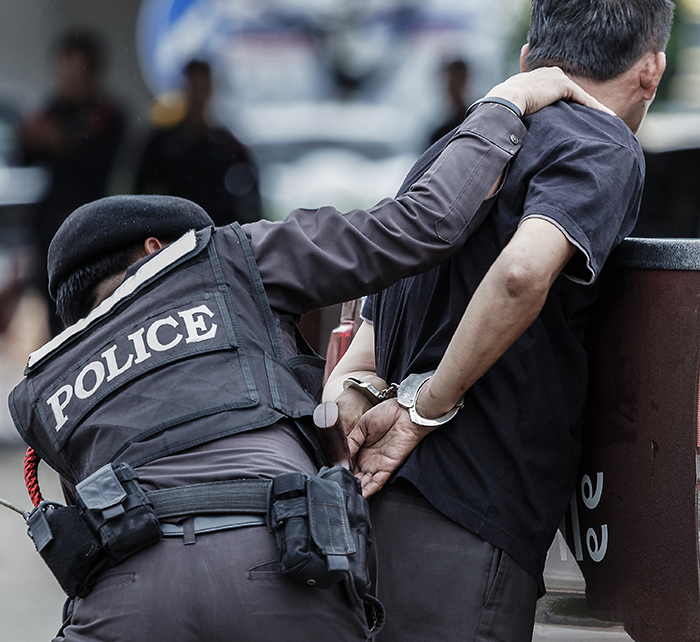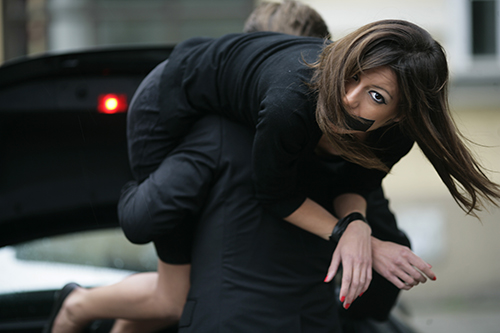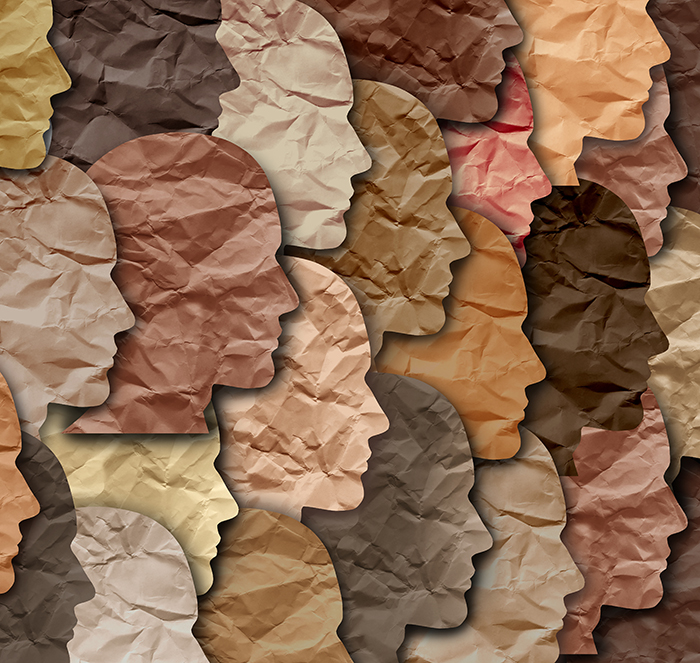Police attacks on journalists are attacks on us all
Posted on July 20, 2020
Opinion:
Then they came for the journalists.
 In Minneapolis. In Detroit. In Los Angeles. In Cincinnati. In Asbury Park. In Des Moines. In Albuquerque. In Indianapolis. In Louisville. In Seattle. In Dallas. In Philadelphia. In Fayetteville. In Chicago. In Denver. In Atlanta. In Oakland. In Brooklyn. And in Miami.
In Minneapolis. In Detroit. In Los Angeles. In Cincinnati. In Asbury Park. In Des Moines. In Albuquerque. In Indianapolis. In Louisville. In Seattle. In Dallas. In Philadelphia. In Fayetteville. In Chicago. In Denver. In Atlanta. In Oakland. In Brooklyn. And in Miami.
It’s shocking that police across the country intentionally targeted self-identified journalists covering protests against police brutality and racism. Ironically, reporters were subjected to the same overreaction and excessive force that was being decried by protesters. They were tear-gassed and handcuffed. They were hit with rubber bullets and police batons.
Freelance photojournalist Linda Tirado was one of the most seriously injured. She was permanently blinded in one eye after she was hit by a rubber bullet fired by police in Minneapolis — ground zero for demonstrators protesting George Floyd’s death after then-Officer Derek Chauvin knelt on his neck for almost nine minutes. At another time during protests, many viewers saw CNN’s Omar Jimenez arrested on camera as he reported from the sidelines.
As of June 10, the website U.S. Press Freedom Tracker said it independently verified 58 arrests of journalists, 86 physical attacks — 56 of them by police — 52 tear gassings, 31 pepper sprayings, 87 rubber bullet or other projectile shootings.
It’s disappointing that some of those who attacked journalists in some cities were protesters or looters. Their assaults were criminal, and with video so prevalent, anyone who can be identified and tracked down should be prosecuted. On June 12, protesters at a Black Lives Matter march on Interstate 95 in downtown Miami displayed their hostility to members of the media covering the event.
Police assaults on reporters, however, were especially insidious, because their actions, or overreactions, were bolstered by government sanction. They bore the weaponry and the government’s authority to injure and detain. Their assaults on journalist were also assaults on what Americans are supposed to hold dear: their constitutional right to be informed without government interference. Instead, police in too many cities deliberately went after members of the media for lawfully doing their jobs. Cops sought to silence these journalists who worked diligently, and this time, in the line of fire, so that we would know a fuller story.
At the just-mentioned march on I-95, an FHP (Florida Highway Patrol) officer yelled at journalists, including Miami Herald reporter David Ovule, threatened them with arrest and ordered them off the overpass as the marchers retreated. Video shows reporters were already off to the side. No one was hurt here; the whole thing was less heated than the chaos many other protests presented. But, to be clear, the reporters had every right to be present, to report what was happening in this very public place.
As of Saturday, FHP had yet to respond to the Herald’s letter of complaint. The most acceptable response will be: “Our bad. Won’t happen again.”
When the police, too, buy into the lie that the media are the enemies of the people, they are making clear that they consider the rest of us the enemy, too.
Miami Herald Editorial Board, (Seattle Times, June 16, 2020)
SEE ALSO:
More Race Relations Articles
Sexual Bias Articles
Mental Health Articles
How Drugs and Alcohol Affect the Brain and Body
WA. Counselor Directory: find a therapist near you
How helpful is this web page to you?
(and how can we can improve this page for you?)
not helpful
very helpful
Other Articles
Do you have an absolute right NOT to wear a mask when ordered?
Of masks and rights
“My body, my choice!” A refrain from the abortion-rights movement is now the battle cry of those insisting there’s a right against wearing masks or being vaccinated during a pandemic.... read more
BLM accuses Seattle police of ambushing demonstrators
say police are in contempt of court over weekend clashes
Attorneys for Black Lives Matter-Seattle King County have asked a federal judge to hold the Seattle Police Department in contempt of an injunction prohibiting the indiscriminate use of tear gas, pepper spray... read more
A monstrous breach of the First Amendment
“Congress shall make no law respecting an establishment of religion, or prohibiting the free exercise thereof; or abridging the freedom of speech, or of the press; or the right of people peaceably to a... read more
How history has led to an extraordinary moment
Aaron Dixon has seen a lot in his 71 years. The leader of Seattle’s Black Panther Party in the height of the turbulent 1960s, Dixon lived through the uprisings after the murder of the Rev. Dr. Martin L... read more





